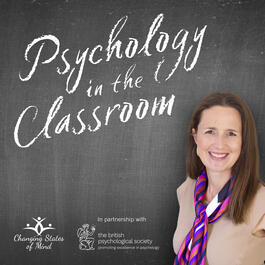
More than one in 10 children ‘almost always’ or ‘often’ fear failure. But where do they learn this from? This fear can often pass from parents to children. Parental communication about failures and setbacks plays a critical role in shaping a child's perception of mistakes. In her research Dr Elizabeth Peterson found that: Clear action plans without discussion of collaborative resources increased children's fear of making mistakes. When mothers acknowledged their child's emotions and discussed collaborative problem-solving, there was a notable decrease in the child's fear of mistakes. Many mothers minimally acknowledged or dismissed their child's emotions (40%), rarely discussed action plans (55%), or collaborative resources (79%). Effective parental communication involving emotional acknowledgment and collaborative problem-solving can help reduce children's fear of making mistakes. In this interview we discuss the consequences of this research for the classroom and how we as teachers can have positive conversations with our students about failure. You can find Elizabeth’s paper here: Peterson, E. R., Sharma, T., Bird, A., Henderson, A. M. E., Ramgopal, V., Reese, E., & Morton, S. M. B. (2024). How mothers talk to their children about failure, mistakes and setbacks is related to their children's fear of failure. British Journal of Educational Psychology. Advance online publication. https://doi.org/10.1111/bjep.12685 https://bpspsychub.onlinelibrary.wiley.com/doi/10.1111/bjep.12685
From "Psychology in the Classroom"


Comments
Add comment Feedback